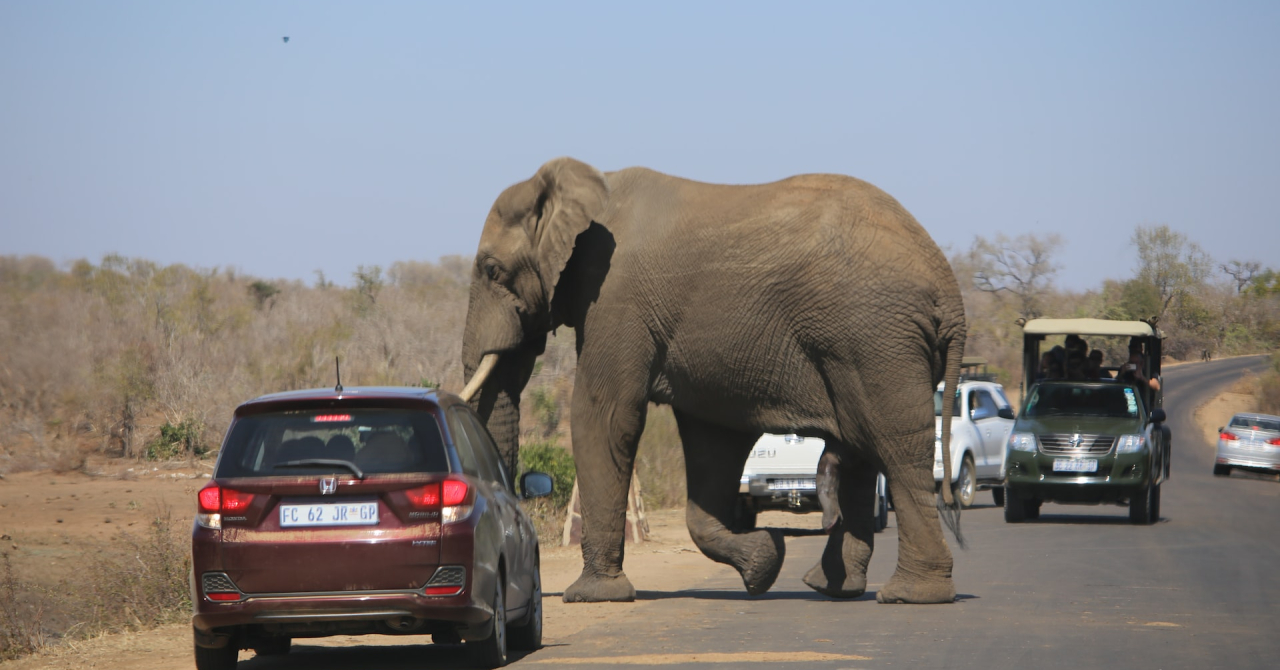As per The Guardian, experts at the University of Washington concluded that wildlife and humans are being forced into new habitats in search for home and food, which creates disruptions into how we interact with the beasts.
Thus, lack of rainfall and rising temperatures were the main reasons behind 80% of the conflicts, with the most common cases being either injury or death in the case of animals (45%) and in the case of humans (43%).
Briana Abrahms, a wildlife biologist from the University of Washington, said that "we were surprised that it’s so globally prevalent, this was one of the big takeaways of this paper."
She added that "we might see new conflicts in places they haven’t been in the past, as well as conflicts intensifying in places they have been in the past."
Furthermore, the conflict between humans and wildlife is a big reason why some animals see a decline in the population or are near extinct and this can trigger further negative processes in the ecosystems, experts warn.
"Our systematic review revealed an extraordinary breadth of systems in which climate-driven conflicts are occurring worldwide", the scientists said.
They said that we need to anticipate where these conflicts might be intensifying next, so that both animals, and humans can be protected.
 Mihai - Cristian Ioniță
Mihai - Cristian Ioniță












Any thoughts?